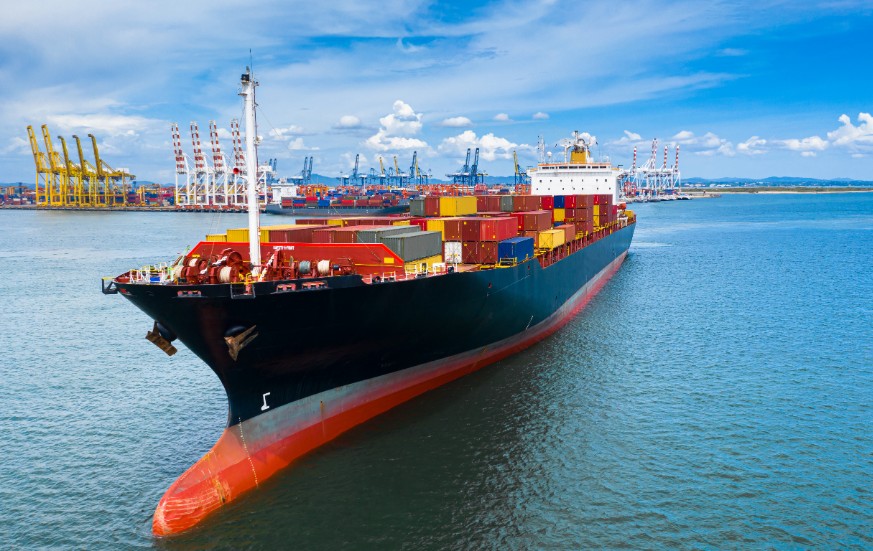
In the latest of the IOE&IT Daily Update’s regular shipping round-ups, we catch you up on the important maritime news including new moves by shipping firm Maersk, recent EU regulatory changes and a series of labour strikes shutting down major ports around the world.
Port strikes
German transport hubs face massive disruption today (27 March) as workers in the country have walked out in a pay dispute amidst widespread concern over the cost of living crisis.
Ports – as well as rail terminals and airports – have largely shut down, with observers warning that the dispute is likely to continue beyond Monday, with both unions and management holding firm in their demands. Ships were without pilots along the river Elbe last week due to separate industrial action at the Port of Hamburg.
Israeli port workers are also downing tools, as trade unions in the country have called a general strike over prime minister Benjamin Netanyahu’s controversial plans to overhaul the judiciary.
According to Bloomberg, ongoing strikes in France over president Emmanuel Macron’s proposed pension reforms have also seen petroleum shipments diverted away from French ports to Rotterdam.
Maersk manoeuvres
Shipping giant Maersk has made a pair of key moves likely to have a major impact on the movement of goods internationally.
On 20 March, the Danish company announced the commencement of a new Europe-China air bridge, with three weekly freight flights that are expected to boost high value and time sensitive cargo services. According to Air Cargo News, this is the first scheduled air cargo service between Denmark and Asia.
Maersk also divested itself of its offshore marine energy arm Maersk Supply Service as part of its efforts to become more of an “integrated logistics company”.
This shift in company policy has already seen the dissolution of the 2M alliance between Maersk and Mediterranean Shipping Company, announced in January.
FuelEU
The EU Parliament and Commission have reached an agreement that increases the maritime transport sector's contribution to reducing greenhouse gas emissions.
As part of the effort to achieve climate neutrality, European authorities have formulated FuelEU Maritime – a plan that would see the greenhouse gas intensity of fuels used by shipping gradually decrease, over time, by 2% in 2025 to as much as 80% by 2050.
According to Lloyd’s List, the new targets will apply to ships above 5,000 gross tonnes and to all energy used on board in or between EU ports. It would also apply to 50% of energy used on journeys where the port of arrival or departure is outside of the bloc.
Cyber security
Another piece of EU legislation, aimed at protecting critical infrastructure, is expected to require ports to follow new rules on cybersecurity.
An EU directive that will come into force in 2024 will require ports to report cybersecurity attacks and boost cyber protections against malign threats. The Wall Street Journal reports that companies not complying with this will face heavy fines of up to 10m euros or up to 2% of global revenue, whichever is higher.
The EU cybersecurity agency, ENISA, will also begin to monitor the readiness of ports to handle digital threats.
Rates stabilise…sort of
The issue of falling rates has been a well-reported issue for the shipping industry as the price of shipping goods across the continent continues to fall well below levels seen during the pandemic.
The Loadstar reports that container spot rates on the route between Northern Europe and the US east coast continue to fall, having halved in the last year. There are, however, indications that prices are stabilising along routes in the Mediterranean and Asia.
The Freightos Baltic Index – a key indicator of shipping prices – is showing a reading of $1,492 for a standard forty foot container, down significantly from $9,430 from the same point last year.
The price instability is causing contract negotiations to remain in limbo, as both cargo owners and shippers await clarity from the markets.
